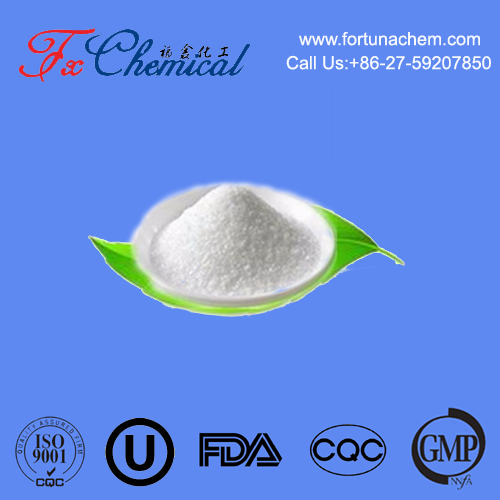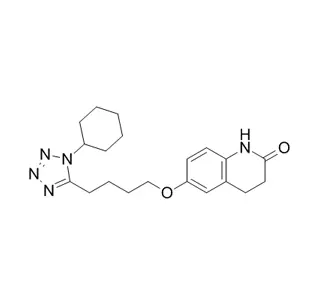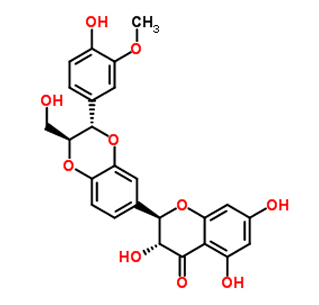
Search

Search

Pharmaceutical intermediates refer to the chemical raw materials or products needed in the synthesis process of drugs. These chemical products can be produced in ordinary chemical factories without obtaining a drug production license, as long as their technical indicators meet certain requirements to participate in the synthesis and production of drugs. Although drug synthesis is also a subcategory of chemical production, it has stricter requirements than general chemical products. Finished drug and bulk drug manufacturers need to be certified, while manufacturers of intermediates do not need to be certified because intermediate products are still only synthesized and produced chemical raw materials in the drug production chain, which belong to the most basic and bottom-level products and cannot be called drugs. Therefore, no certification is required, which reduces the entry barriers for intermediate producers.
Pharmaceutical intermediates can be divided into large categories according to their application areas, such as antibiotic intermediates, antipyretic analgesic intermediates, cardiovascular system drug intermediates, and anticancer drug intermediates. There are many types of specific intermediate product in pharmaceutical industry products, such as imidazole, furan, phenol intermediates, aromatic hydrocarbon intermediates, pyrrole, pyridine, biochemical reagents, sulfur-containing compounds, nitrogen-containing compounds, halogenated compounds, heterocyclic compounds, starch, mannitol, microcrystalline cellulose, lactose, cyclodextrin, ethylene glycol intermediates, sugar powder, inorganic salt, ethanol intermediates, stearate, amino acids, ethanolamine, potassium salt, sodium salt and other intermediates.
The first is to participate in the customer's research and development of new drugs, which requires the company's research and development center to have strong innovative capabilities; the second is to scale up the customer's pilot products to meet the process requirements of large-scale production, which requires the company to have engineering expansion capabilities for products and ongoing technical improvement capabilities for customized products, in order to meet the needs of large-scale production, continuously reduce production costs, and enhance product competitiveness; third is to digest and improve the process of the customer's products during large-scale production, in order to meet the quality standards of foreign companies.
Drug production requires a large amount of special chemicals, most of which were originally produced by the pharmaceutical industry. However, with the deepening of social division of labor and the advancement of production technology, the pharmaceutical industry has transferred some of the pharma intermediates to chemical companies for production. Pharmaceutical intermediates are fine chemical products, and the production of intermediate product in pharmaceutical industry has become a major industry in the international chemical industry.
As the export of pharma intermediates is not restricted like that of medicines, and the production of intermediate product in pharmaceutical industry has shifted to developing countries, the basic raw materials and intermediates needed for medical production in China can be largely supplemented, with only a few needing to be imported. Moreover, due to China's abundant resources and low raw material prices, many pharma intermediates have achieved large-scale exports.

Quick Links
Add:
E-mail:
 English
English  Español
Español  français
français  العربية
العربية 


